Israeli court orders removal of Palestinian village in Negev to build Jewish neighborhood
An Israeli court has ordered Palestinian residents of a village in the Negev desert to destroy their homes and leave the area by next March to make way for the expansion of a nearby Israeli city.
The decision by the Be’er Sheva Magistrate’s Court on Monday will affect 500 native people from the Ras Jrabah village, which predates Nakba Day or “Day of Catastrophe,” when Israel was created in 1948 at the expense of the forced expulsion of hundreds of thousands of Palestinians from their homeland.
The families were also ordered to pay a sum of 117,000 shekels ($31,700) to cover legal expenses.
Residents of the village say the news fell on them like a “thunderbolt,” and they have been left in a state of shock after the move.
“Young people have been calling me since the morning, telling me about their concerns for the future,” Musa al-Hawashleh, a resident of Ras Jrabah, was quoted as saying by Middle East Eye.
“We don’t know where we will go. We have been here before Israel and now we will be expelled from our homeland,” he added.
The Ras Jrabah case started in 2019, when the so-called Israel Land Authority filed 10 eviction lawsuits against 127 residents of the village and their families.
The agency, which is responsible for stealing Palestinian land and allocating it to Zionist colonies, argued that the presence of Ras Jrabah hindered the expansion of the nearby city of Dimona.
Dimona was built on land owned by the nomadic indigenous Palestinian tribe of al-Hawashleh, which also owns land in the adjacent Ras Jrabah village.
Israeli officials want to remove Ras Jrabah, which covers an area of around 34 hectares, and replace it with a new neighborhood for the Jewish community of Rotem. The plan includes the construction of thousands of illegal housing units.
Adalah, a Haifa-based legal organization that advocates Palestinians’ rights in Israel, said they will appeal against the decision.
It argued that the court “disregarded” the residents’ arguments in its judgment.
“Since the Nakba, Israel has employed a range of tools and policies to forcibly displace the Bedouin residents in the Negev (or Naqab),” Adalah said in a statement.
“Their livelihood has been confined to restricted areas and segregated townships, and they have been subjected to harsh living conditions, with no regard for their basic needs and way of life.
“The forced displacement of Ras Jrabah’s residents to expand the Jewish city of Dimona, which was built on the residents’ lands, serves as clear evidence that Israel is committing the crime of apartheid against Palestinians,” the legal center noted.
Ras Jrabah’s villagers say while they will protest against the decision and fight it all the way in the courts, they have little hope in the far-right Israeli administration led by prime minister Benjamin Netanyahu, which has placed the acceleration of the “Judaization” of the Neqev at the heart of its guiding policy.
The Negev region is home to at least 300,000 Palestinians, who say that Israeli authorities have attempted to force them out and destroy their nomadic way of life for decades, through various tactics.
These include confiscation of lands from native Palestinians and turning landowners into tenants. Additionally, Israeli officials have been accused of preventing the expansion of Palestinian villages and encircling them with new Jewish settlements.
“The goal of the Israeli regime is to take control over Arab land in the Negev and to expel entire communities from their land,” Youssef al-Atawneh, a Palestinian member of the Knesset (Israeli parliament) with the Hadash-Ta’al coalition, said.
“This has been ongoing since 1948 and some families have been displaced twice,” he added.
The legislator said he is collaborating with a Negev-based committee to organize a large-scale protest over the expulsions and projects taking place.
“People are very angry over the racism that is taking place. But despite the difficult circumstances, fines and displacements, people are remaining steadfast and strong,” Atawneh added.
'Security a red line': Iran vows 'decisive' response to threats
Iran not afraid of enemy, will not submit to US domination: IRGC
Iran foils foreign-linked sedition network, arrests armed suspects
UK acting as US vassal state on Venezuela
VIDEO | US kidnapping of Maduro, and the 'Donroe' Doctrine
US drops cartel claims against Maduro after invasion, kidnap
Israeli forces raid Quneitra countryside in new violation of Syria’s sovereignty
US oil firms reluctant to return to Venezuela despite Trump avarice: Report


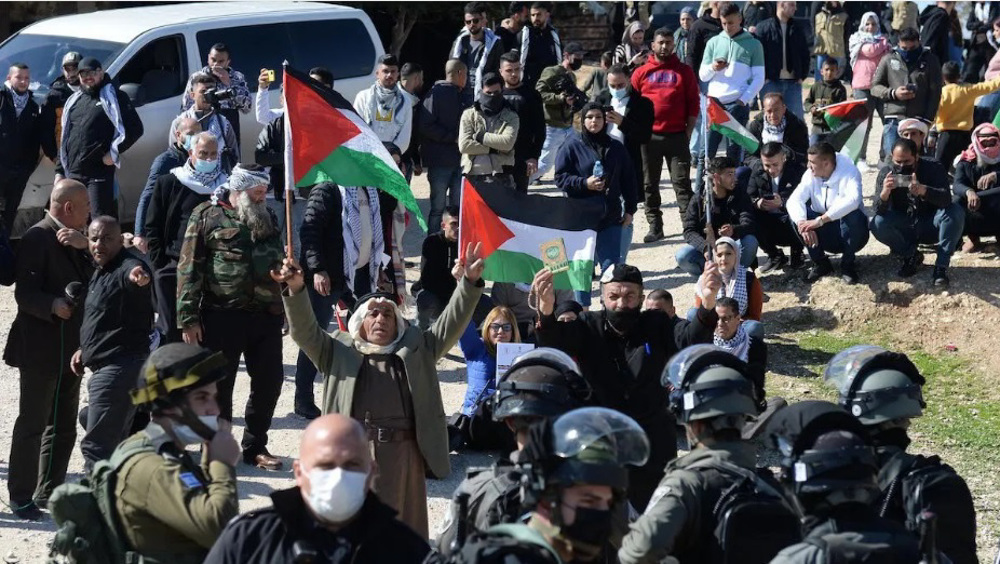
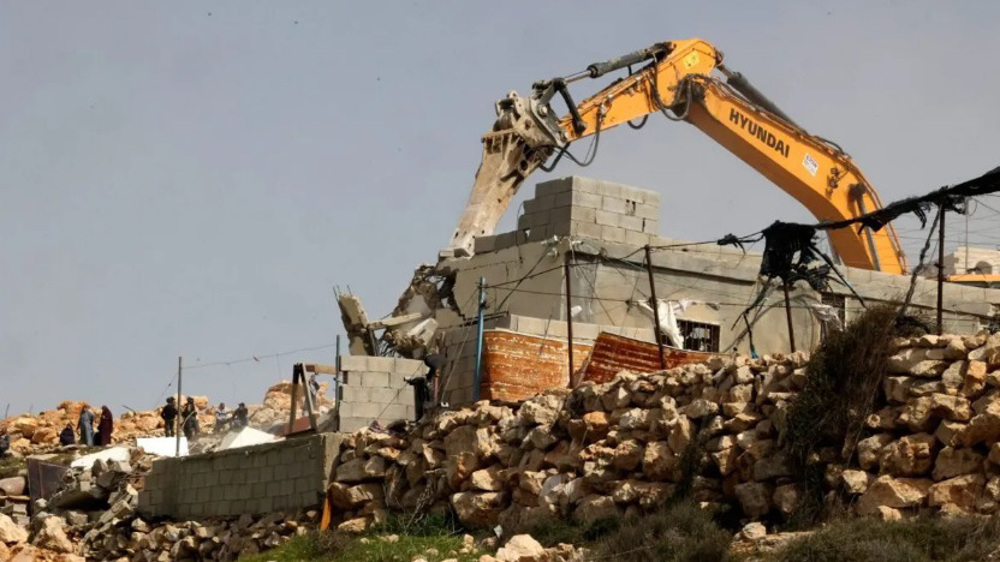
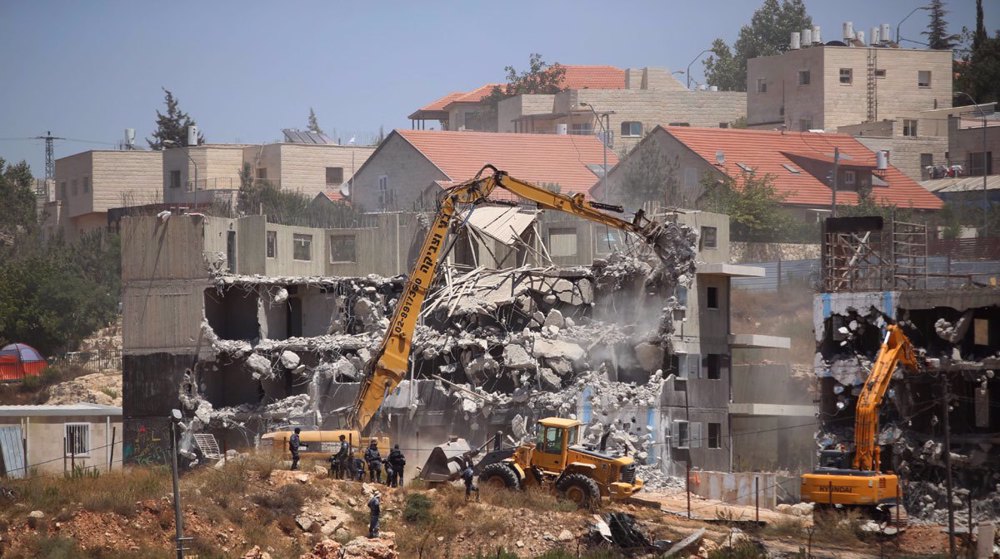
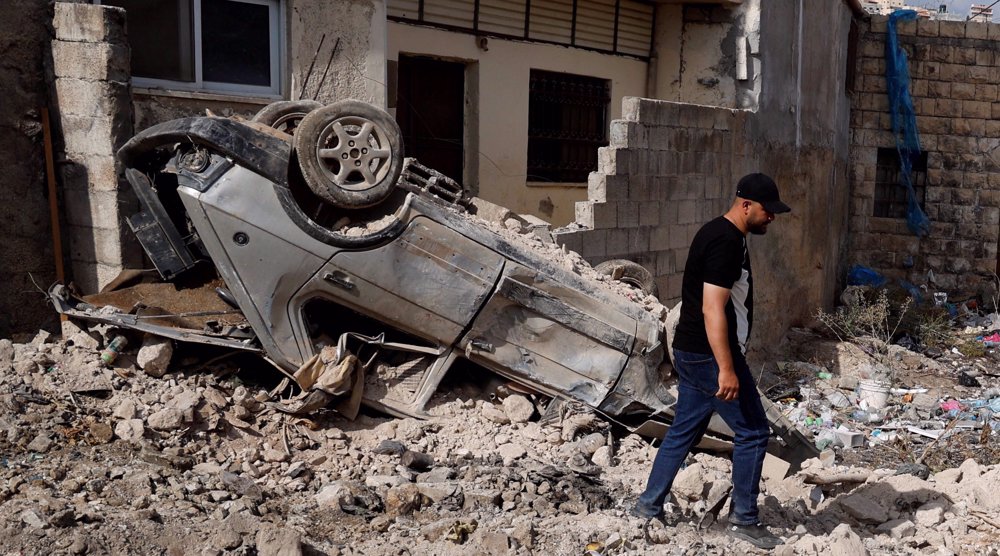
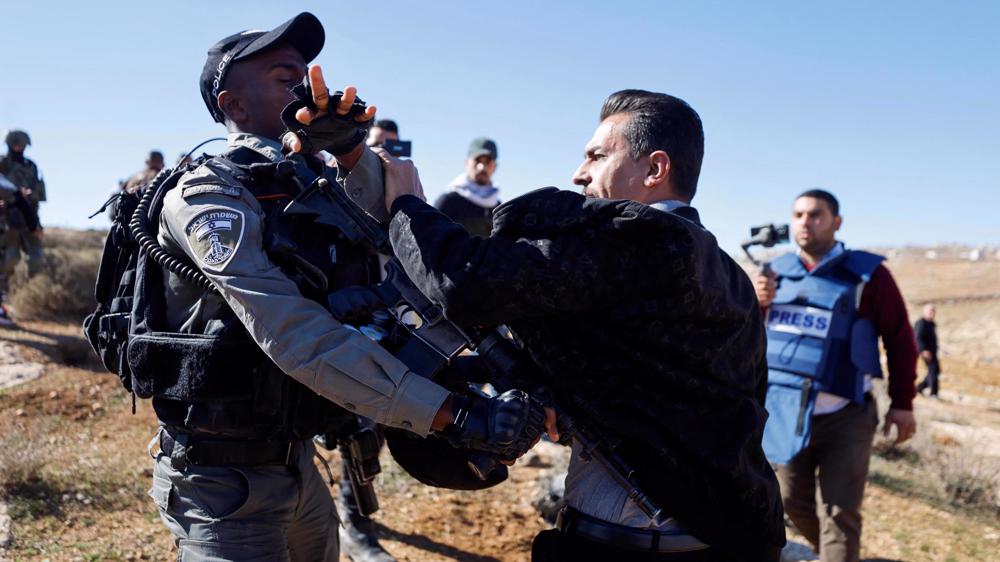
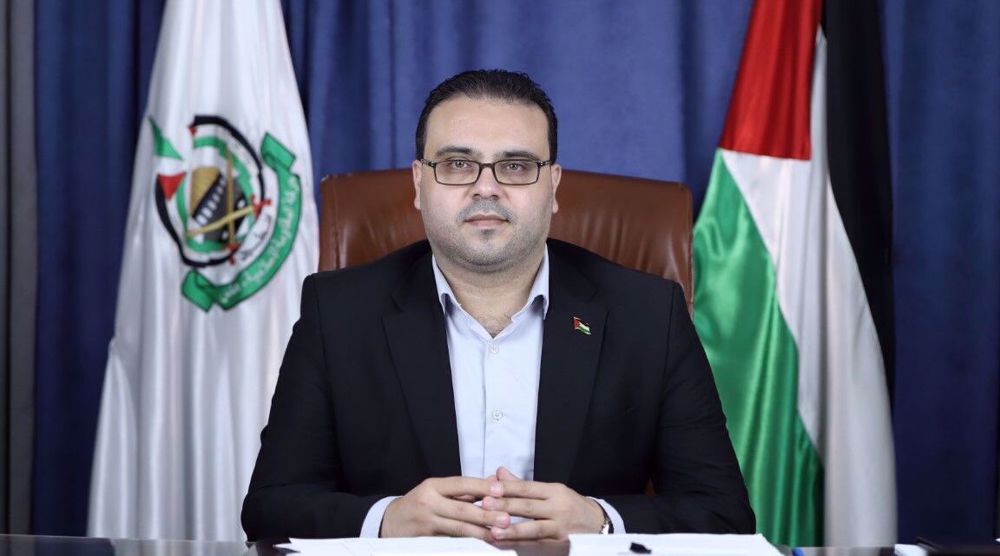



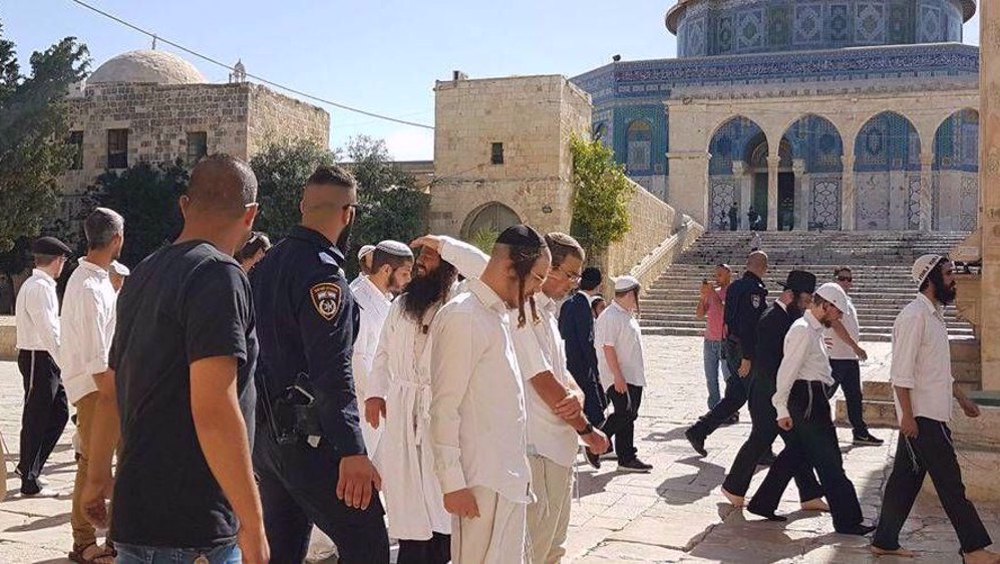
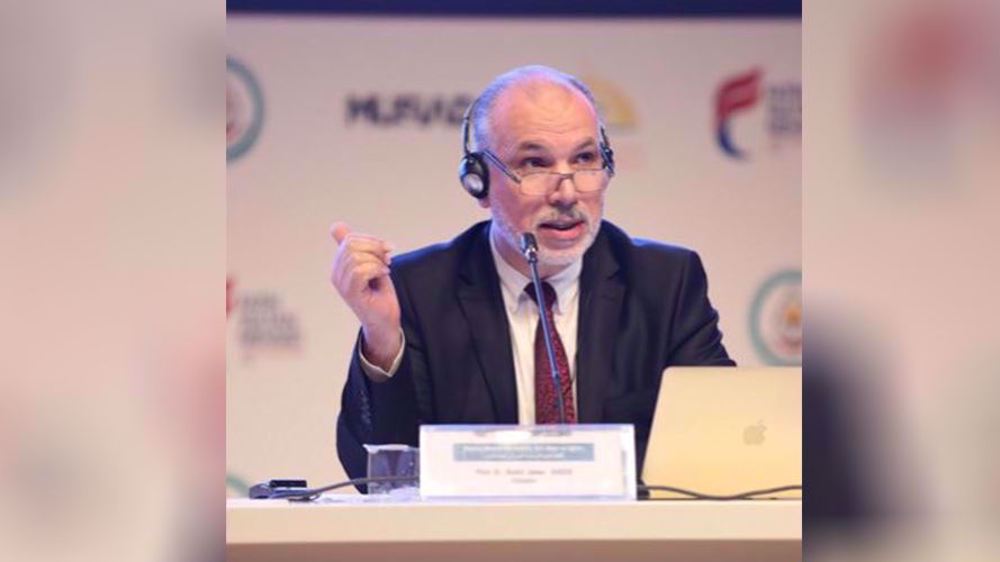
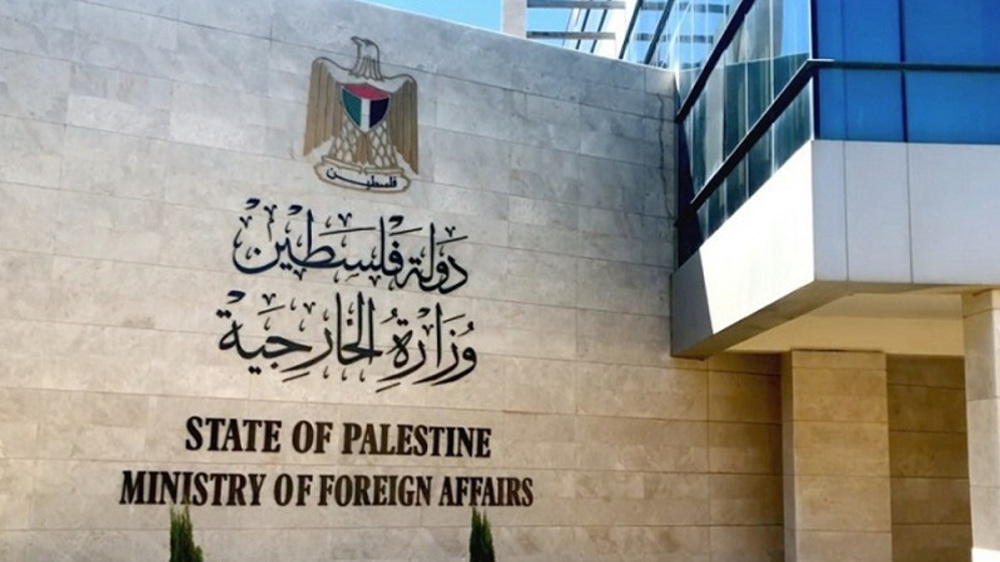
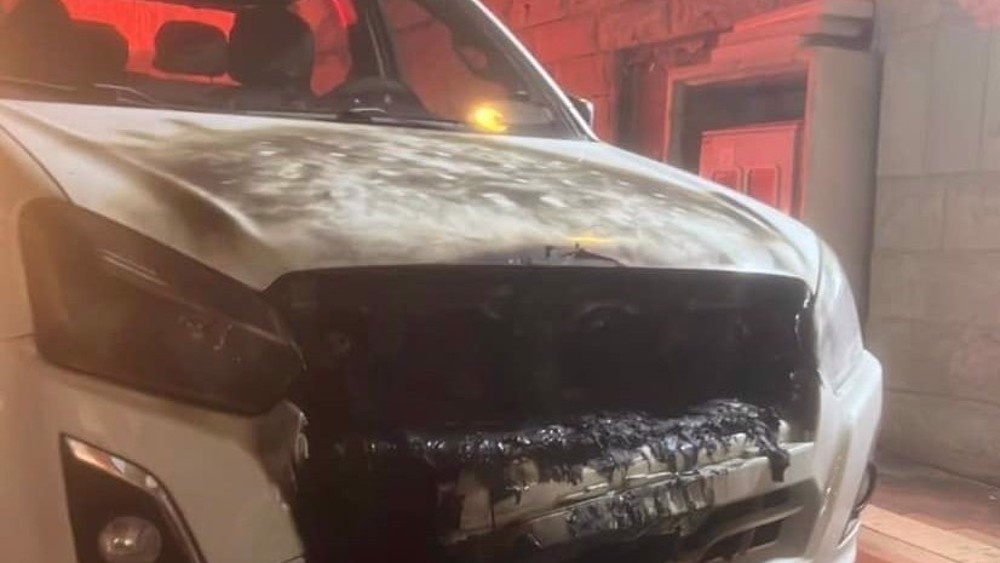
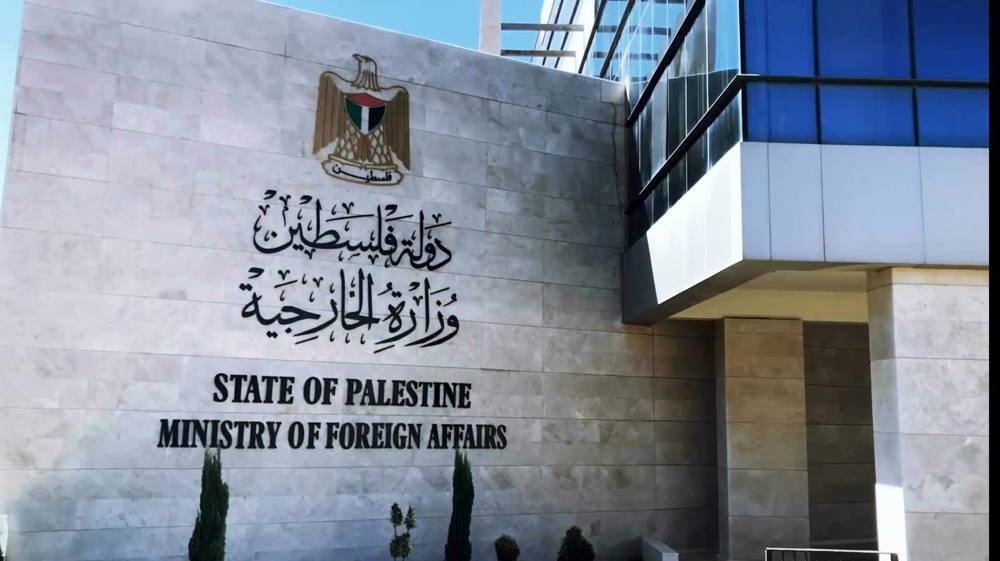
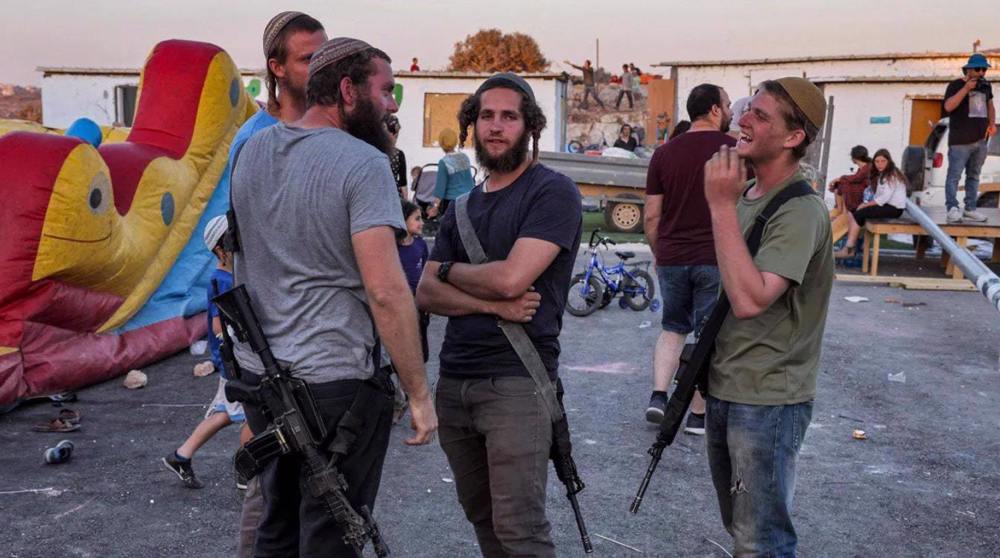
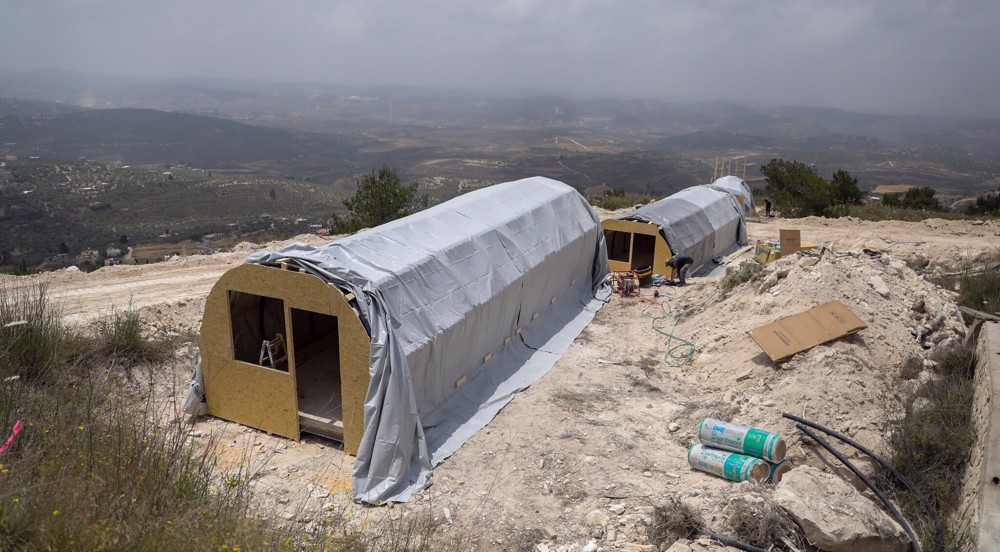

 This makes it easy to access the Press TV website
This makes it easy to access the Press TV website